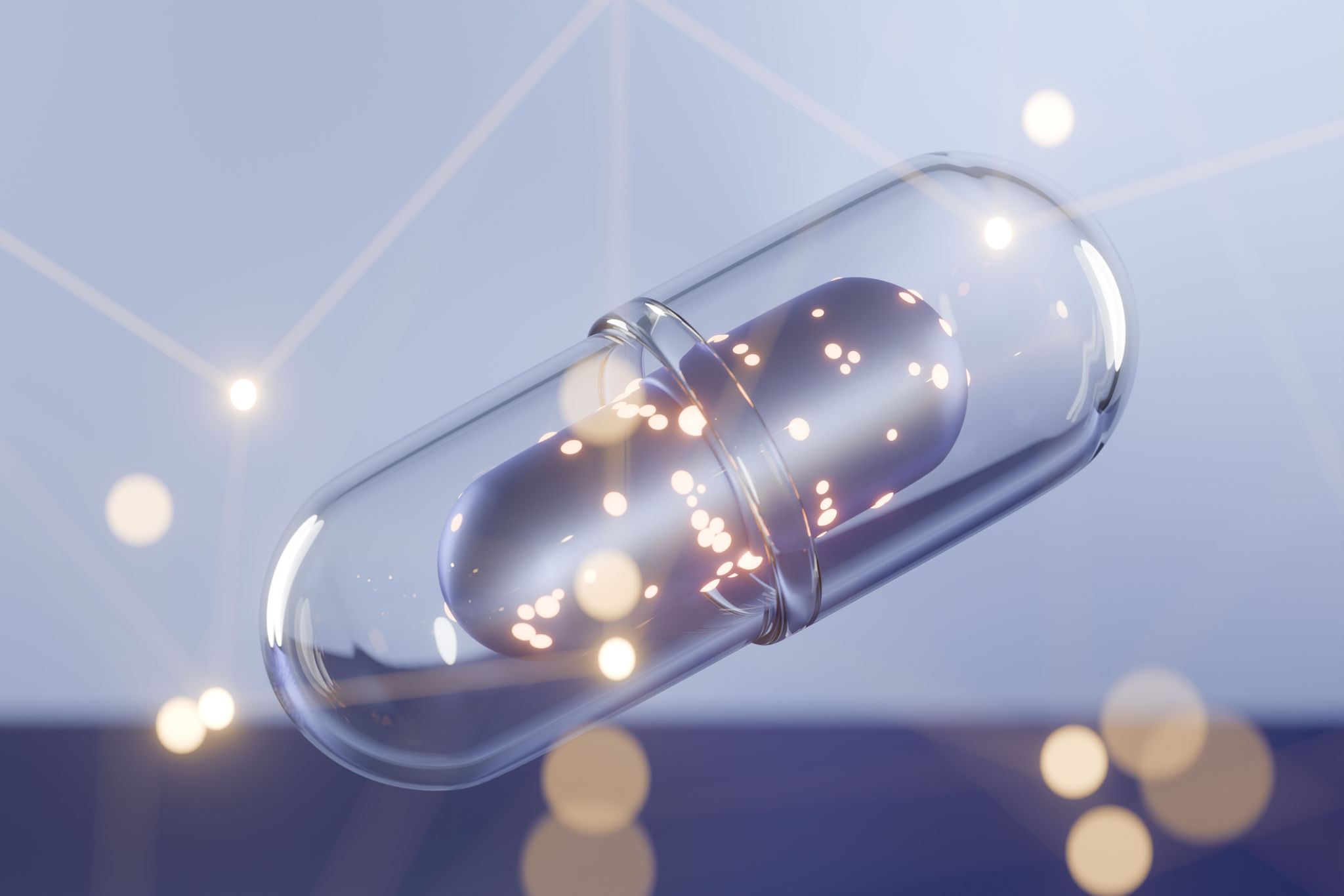Understanding the Impact of Biotech Innovations on Healthcare
Revolutionizing Healthcare with Biotech Innovations
The field of biotechnology is at the forefront of transforming healthcare, offering groundbreaking solutions that promise to improve patient outcomes and streamline medical processes. From personalized medicine to regenerative therapies, biotech innovations are reshaping how we approach disease prevention, diagnosis, and treatment.

Personalized Medicine: Tailoring Treatment to Individuals
One of the most significant impacts of biotech in healthcare is the advent of personalized medicine. By leveraging genetic information, healthcare providers can tailor treatments to individual patients, ensuring more effective and targeted approaches. This personalized strategy not only enhances treatment efficacy but also reduces the risk of adverse side effects.
For instance, cancer patients can benefit from precision medicine that targets specific genetic mutations in their tumors. This approach allows for the development of therapies that are highly specific to the patient's condition, increasing the likelihood of successful outcomes.
Regenerative Medicine: Healing and Restoring Function
Regenerative medicine is another promising area within biotechnology that focuses on repairing and regenerating damaged tissues and organs. Techniques such as stem cell therapy and tissue engineering are paving the way for innovative treatments that can restore function and improve quality of life for patients with chronic conditions.

These therapies hold potential for conditions previously deemed irreversible, such as spinal cord injuries or heart diseases. By harnessing the body's natural healing processes, regenerative medicine offers hope for long-term recovery and improved patient health.
Biotechnology in Diagnostics: Early Detection and Prevention
Biotech innovations are also revolutionizing diagnostic procedures, enabling early detection and prevention of diseases. Advanced diagnostic tools, such as next-generation sequencing and biomarker analysis, allow for faster and more accurate disease identification.
Early detection is crucial in managing chronic diseases like diabetes and cardiovascular conditions. By identifying these diseases at an early stage, healthcare providers can implement preventive measures and interventions that significantly improve patient outcomes.

The Role of Biotech in Vaccine Development
The COVID-19 pandemic underscored the critical role of biotechnology in vaccine development. The rapid creation and deployment of mRNA vaccines were made possible through decades of biotech research. This breakthrough not only provided a swift response to a global crisis but also opened new avenues for vaccine development against other infectious diseases.
Biotech innovations continue to advance vaccine technology, offering hope for more effective and accessible vaccines worldwide. This progress is vital for global health security and preparedness against future pandemics.
Challenges and Future Prospects
Despite the remarkable progress, the integration of biotech innovations into healthcare systems poses challenges. Ethical considerations, regulatory hurdles, and cost barriers are ongoing concerns that need addressing to fully realize the potential benefits.
Nevertheless, the future prospects of biotechnology in healthcare are promising. Continued research and collaboration between scientists, healthcare providers, and policymakers will be essential in overcoming these challenges and advancing medical science.

As biotech innovations continue to evolve, they will undoubtedly play an increasingly vital role in shaping the future of healthcare. By embracing these advancements, we can look forward to a new era of medicine characterized by improved patient care, disease prevention, and overall health outcomes.
